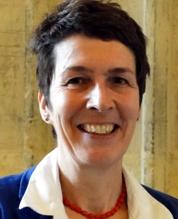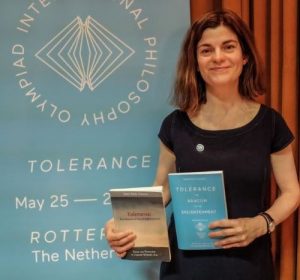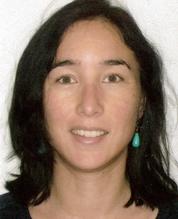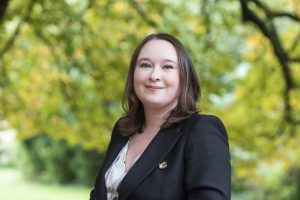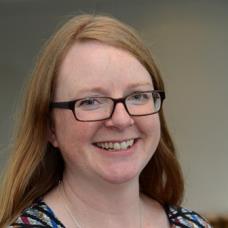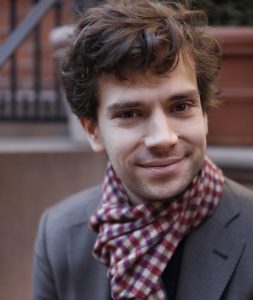About the Course
The study of a modern European language develops analytical and critical abilities as well as a high level of linguistic skills.
Philosophy and Modern Languages (PML) brings together some of the most important approaches to understanding language, literature and ideas. The degree is constructed in the belief that the parallel study of these related disciplines significantly enhances your understanding of each, bringing added dimensions of understanding and perspective.
The study of philosophy develops analytical rigour and the ability to criticise and reason logically. It allows you to apply these skills to questions ranging from how we acquire knowledge and form moral judgements to the nature of language, art and literature. Since many works of literature are shaped by the dominant philosophical ideas of their epoch, study of philosophy can illuminate that intellectual background. The study of a modern European language develops analytical and critical abilities as well as a high level of linguistic skills; the study of the literature written in that language contributes to an understanding of many aspects of European culture.
It develops attention to stylistic and terminological detail and rhetorical strategies, and sensitivity to intratextual, cultural and historical context, which are also of great value for the study of philosophy.
The Philosophy Faculty is the largest philosophy department in the UK, and one of the largest in the world, with more than 70 full-time members, admitting more than 500 undergraduates annually to read the various degrees involving philosophy. Many Faculty members have a worldwide reputation, and our library and other facilities are acknowledged as among the best in the country.
Oxford’s Modern Languages Faculty is also one of the largest in the country, with a total intake of more than 300 students a year, including those reading joint degrees. It possesses in the Taylor Library the biggest modern languages research library in the country, together with an undergraduate lending library and a modern and excellently equipped Language Centre. Its Faculty members include many who are internationally renowned for their research work.
Jesus College accepts students for all the languages taught at Oxford, and has Fellows in French and German, Lecturers in Italian, Russian and Spanish, and Lectors in French and German.
The Preliminary Examination is taken after three terms, its philosophical components being the same as for PPE and PPL, but divided over two papers. Students sit a paper in General Philosophy (metaphysics, epistemology and philosophy of mind) and a further paper in Logic and Moral Philosophy (the latter being studied through engagement with J. S. Mill’s Utilitarianism.)
Those taking the Final School will have to study one historical paper (either Early Modern Philosophy, Aristotle’s Nicomachean Ethics, or Plato’s Republic). A considerable number of optional papers are available; including bridge papers in Aesthetics, the Philosophy of Kant, and Post-Kantian Philosophy. It is also possible to specialize to some extent in Linguistic Theory.
The languages most commonly taken are French and German, where there are obvious connections on the philosophical side, but other combinations are possible.
The year abroad
All Modern Languages courses and Joint Schools with Modern Languages last for four years, including a year abroad after the second year. A common pattern is for students to spend their year abroad as Assistants, working in a school in the country of their choice. This offers experience of working in the country, and it is organised through a scheme run by the British Council. Students may also spend the year at a university abroad; this is discussed thoroughly with the tutors in Modern Languages, and students are responsible for making arrangements themselves. Students normally stay in one country throughout the year, but if they are studying two languages, they are advised to spend periods in the country of their other language during vacations.
The College has an exchange scheme with the University of Trier, which accommodates one student a year. All undergraduate members of the College are eligible to apply for this exchange.
If you are contemplating a course involving Philosophy, or wondering whether such a course would suit you, you might wish to read some of the following:
- Thomas Nagel What Does It All Mean? (Oxford)
- Bertrand Russell The Problems of Philosophy (Oxford)
- M Hollis Invitation to Philosophy (Blackwell)
- Nigel Warburton Philosophy: The Basics (Routledge)
- Julia Driver Ethics: the Fundamentals (Blackwell)
- Simon Blackburn Think (Oxford)
- Roger Scruton An Intelligent Person’s Guide to Philosophy (Duckworth)

